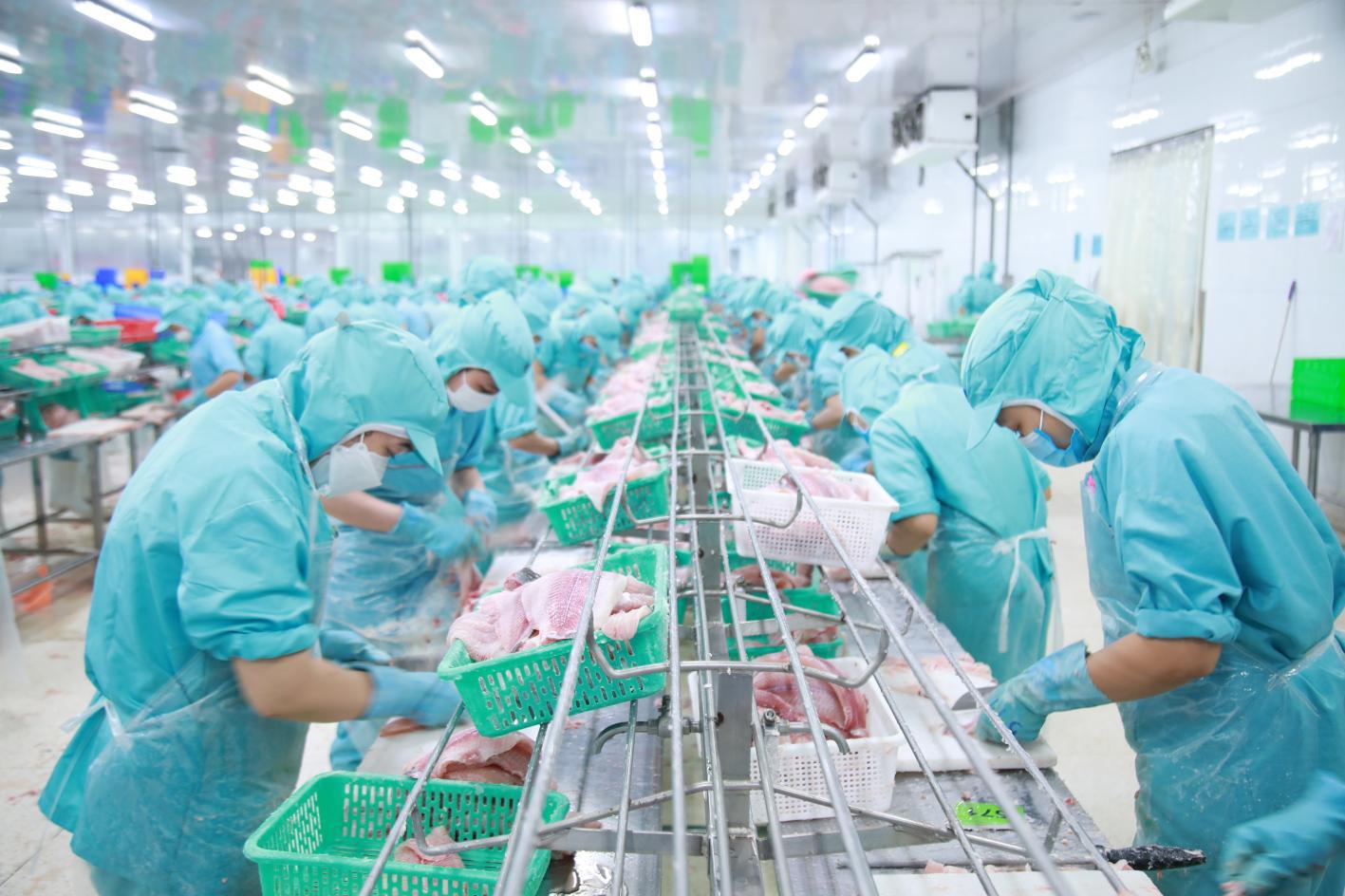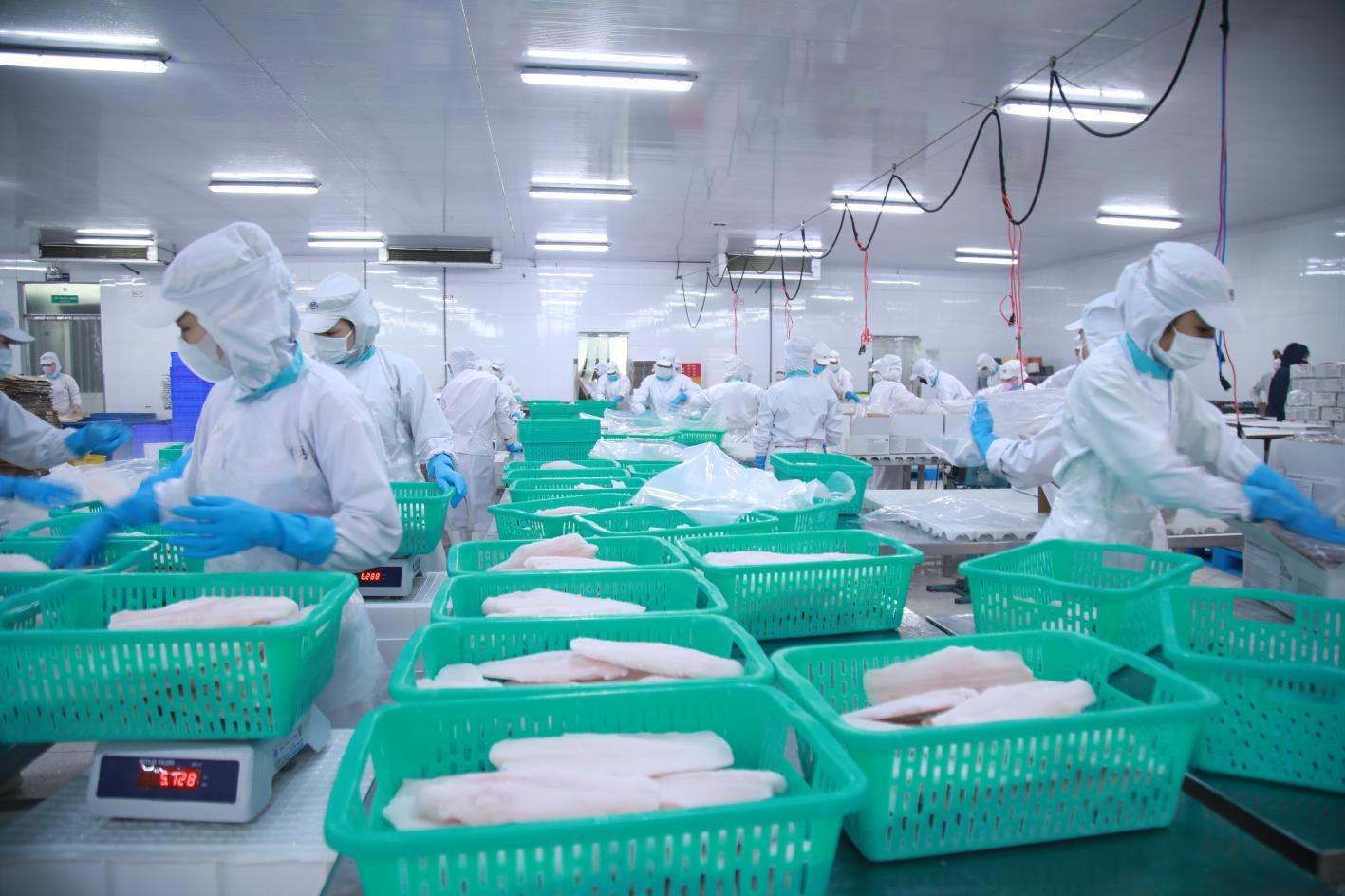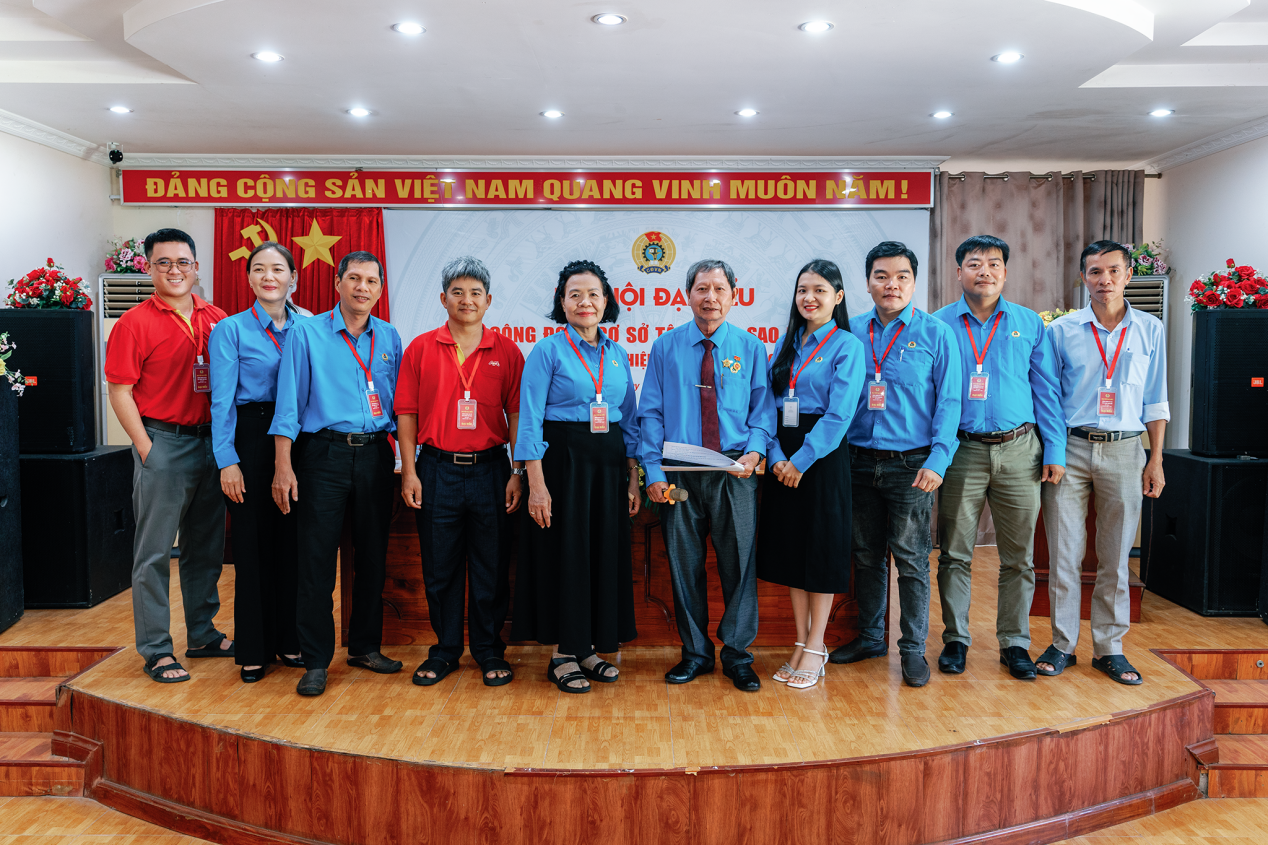CPTPP MARKETS: A STRONG ATTRACTION FOR VIETNAMESE PANGASIUS
In the first seven months of 2022, the CPTPP market block accounted for over 13% of Vietnam's total pangasius exports, valued at $211.4 million, a 73% increase compared to the same period in 2021. For pangasius, CPTPP markets continue to be highly attractive, providing ample opportunities for Vietnamese businesses.

IDI continues to accelerate the supply of products to CPTPP countries
According to the Vietnam Association of Seafood Exporters and Processors (VASEP), in July 2022 alone, pangasius exports to CPTPP countries maintained a triple-digit growth rate of 123%, reaching over $31 million. Except for New Zealand, which did not increase imports of Vietnamese pangasius, all other markets significantly increased their imports.
Among them, pangasius exports to Canada saw the most remarkable growth, more than quadrupling compared to the same period last year. Following Mexico (accounting for 4.5% with nearly $73 million), Canada accounted for 2.5% with over $40 million in the first seven months of this year. Of this, 92% of pangasius products exported to this market were frozen fillets/cuts, while frozen whole fish accounted for just over 6%, and the remainder were processed pangasius.
Additionally, pangasius exports to Australia, Singapore, Malaysia, and Chile all grew by triple digits in July, with growth rates ranging from 108% to 166% compared to the same period. In July, Japan also increased its pangasius imports from Vietnam by 66%. These markets accounted for 1.3% to 1.5% of Vietnam's total pangasius export value in the first seven months of the year.
Overall, in the CPTPP markets, Canada still has the highest average export price for pangasius. The average price of frozen pangasius fillets exported to Canada in July was $3.34/kg, slightly down from the average of $3.66/kg in June.
Although Mexico is the leading importer of Vietnamese pangasius in the bloc, the average export price to this market in the first seven months was only $2.8/kg. Australia is also an attractive market for Vietnamese pangasius businesses with a relatively high average import price of $3.26/kg in the first six months and $3.3/kg in July 2022.

IDI's strong rebound post-Covid
While the average export price to some markets tended to stabilize in July, the export price of pangasius to Singapore increased to $3.05/kg, after averaging $2.39/kg in the first six months of the year.
While seafood exports in general and pangasius in particular to many markets faced instability due to currency fluctuations and high freight rates, the CPTPP was less affected by these challenges.
Zero import tariffs under the CPTPP agreement and consumer preference for moderately priced fish like pangasius have helped pangasius exports to CPTPP countries maintain optimistic growth since the beginning of the year and are likely to continue growing strongly in the coming months.
IDI is one of the pioneering businesses that opened markets in CPTPP countries since 2018 and is the largest market share holder in the CPTPP. Specifically, Mexico accounts for (24.5%), Singapore (1.3%), Australia (2.3%), Chile (1%), New Zealand (1%),...
Currently, in addition to exporting to markets such as China, the US, and the EU, the CPTPP is a large market for IDI, accounting for over 30% of its revenue. This is a significant advantage for the company as this market is considered a bright spot for Vietnam's pangasius industry in the future.
IDI owns a vast integrated farming area of over 350 hectares, with a total annual output of about 85,500 tons of raw fish, accounting for 90% of the total raw material demand for its two seafood processing plants. At the same time, it provides stable employment for over 5,000 employees. The company has invested in a third seafood processing plant, equipped with modern equipment imported from Europe, with a capacity of 500 tons of raw materials per day. This not only helps IDI be completely proactive in its strategy of supplying a variety of products to the CPTPP market but also globally.
Hải Yến
















